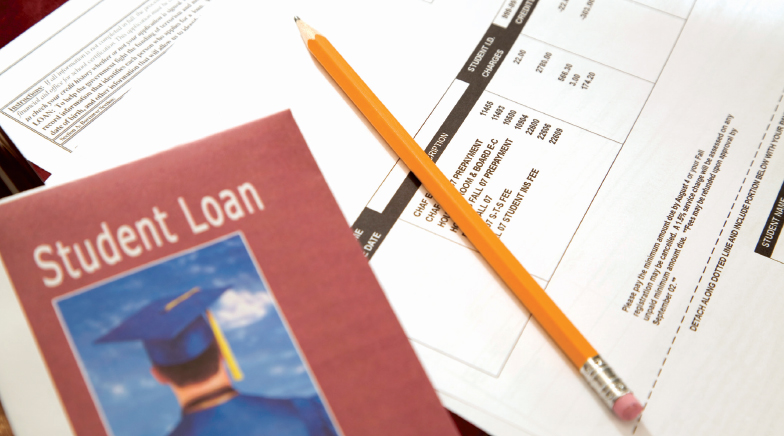Abstract
Borrowing for college has risen for decades, and today 7 million of these student loans are in default. Yet the cost of borrowing is far lower than the lifetime payoff to college, which is estimated to be hundreds of thousands of dollars. Moreover, 69 percent of students borrow less than $10,000 and 98 percent borrow $50,000 or less. In addition, distressed borrowers do not have larger loans than other borrowers, though they do tend to be younger. These facts—moderate debt, a high payoff to college, high rates of default on typical loans, and high default among young workers—suggest we do not have a debt crisis but rather a repayment crisis. The current system turns reasonable levels of debt into crippling payment burdens that can prevent young workers from attaining financial independence and stability.
In this paper we propose a better model of loan repayment. A single, simple, income-based repayment system called Loans for Educational Opportunity (LEO) will replace the current, bewildering array of repayment options. Student-loan payments will automatically rise and fall with a borrower’s earnings, just as contributions to Social Security rise and fall. A fraction of earnings will be deducted from each paycheck, with a larger fraction taken when incomes are high and a smaller fraction when incomes are low. A borrower who wants to pay off the loan more aggressively can file a W-4 that indicates the higher payment. If a borrower loses her job or suffers a pay cut, she will not need to file paperwork to adjust her payments since her withholding will automatically adjust. Payments will continue until the loan is paid off, for a maximum of twenty-five years.
This is a system of loan repayment designed for the 98 percent of students who borrow a manageable amount. For the other 2 percent, we propose stronger consumer protection: private student loans will not survive bankruptcy, loans that need a credit check will not be marketed as “student loans,” and individuals will exhaust all federal student loans before being allowed to take out any private loans.
The Brookings Institution is committed to quality, independence, and impact.
We are supported by a diverse array of funders. In line with our values and policies, each Brookings publication represents the sole views of its author(s).




